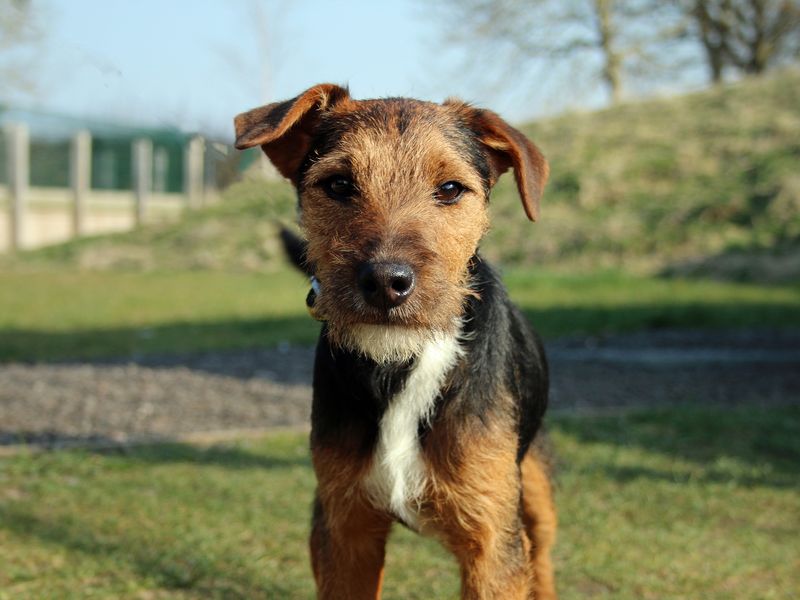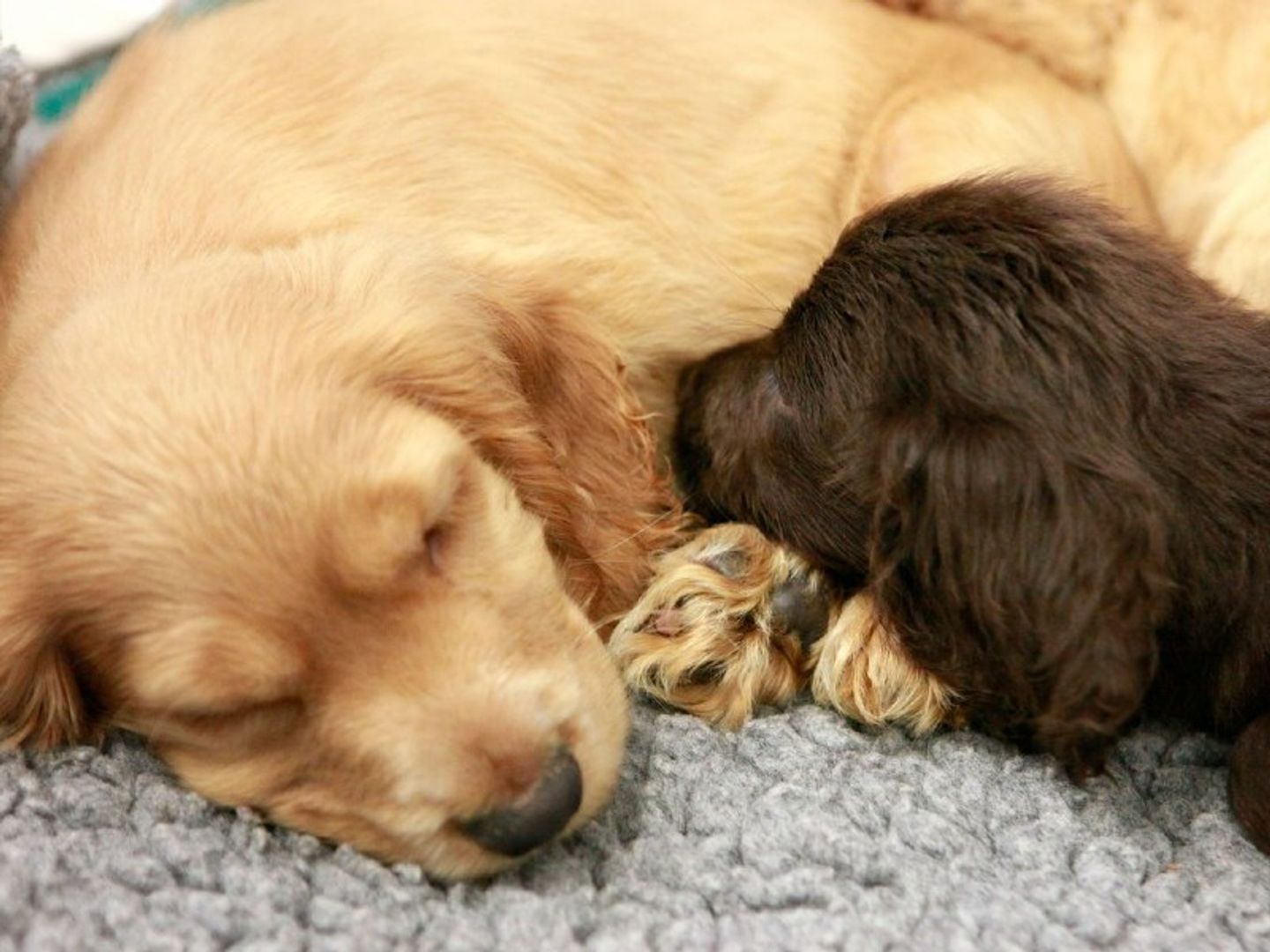Preventing pet theft and what to do if a dog is stolen
Are you worried about your dog being stolen? Find out how to keep them safe and what to do if they are taken.

We urge dog owners to be extra careful with their dogs and take the following precautionary steps to prevent dog theft.
You don’t want to think about it happening to your beloved pooch. But if it does, or your looking for advice on how to deter dog thieves, we're here to help.
What to do if your dog is stolen
If your dog is stolen then you can feel helpless and have no idea where to start looking for them. But here are some practical things you can do to give you the best chance of being reunited with your pooch.
- Report the theft to your local Garda station straight away. Make sure you get a crime reference number and insist that your dog is recorded as stolen and not missing.
- Report the theft of your dog to your local authority dog warden.
- Notify your microchip database provider.
- Contact local animal rescues and vets to advise them of the incident so they can take your details should anyone contact them if they find your dog.
- Monitor places thieves may try to sell your dog, like pet websites, pet shops and notice boards. Notify the Gardaí immediately if you see anything suspicious.
- Use missing and stolen animal websites. They help reunite missing pets with their owners by offering free advice and support.
- Once your dog is found, please alert anyone you may have contacted requesting help such as the Gardaí, your Local Authority Dog Warden and local animal groups and vets, so they know to stop the search.
Tips for using social media to find your dog
One of the most effective ways to raise awareness of your lost pet is through social media. Here’s six of our top tips, to help you do that.
Tip one: Create a poster with a recent picture of your dog and where they were last seen. Include as much detail of the incident as possible as well as a description of them including any distinctive markings they may have.
Tip two: Post on all the platforms you can and ask your friends and family to do the same. You should also post on our Dogs Trust Lost and Found Dogs Facebook Group.
Tip three: Ask your followers to share your posts.
Tip four: Search social media platforms. If someone finds your dog, they may have posted about it themselves. So, search for identifying features and the location your dog was lost. For example, you could try ‘dog found in Drogheda’ or ‘brown Labrador found.’
Tip five: Tag animal charities, vets, microchip database providers and local businesses. Ask them to share your posts.
Tip six: Make sure your social media profiles are set to ‘public’ in the security settings.

How to prevent dog theft and keep your pet safe at home
Keep thieves away from your home and your pup by making sure you have done all of the below.
- Ensure your house and property boundaries are secure – keeping your dog in and intruders out
- Install a sensor light and fit sturdy locks to garden gates - this will prevent trespassers gaining easy access to your property
- A CCTV recording system can also be installed as an added security measure
- Join your local Neighbourhood Watch scheme and make your community more secure by looking out for your neighbours
- Report any suspicious activity to the police
- Do you post pictures of your dog on social media? Then regularly review your privacy settings and make sure your address can’t be identified from your posts.
- Be vigilant and report any suspicious activity to your local Garda Station
Keep your dog spottable at all times
Always knowing where your dog is means thieves won’t have a chance to get hold of them. Here are a few things to keep in mind when you’re outside with your pooch.
- Keep an eye on your dog when they are in the garden and never leave them unsupervised
- When exercising your dog off-lead, always keep them in sight and pay attention to what they are doing
- Make sure your dog comes back when you call them, regardless of where they are
- Never leave your dog unattended in a public place - even if it's just for a minute
- Likewise, never leave your dog alone in a car. As well as the risk of being stolen, {they can also easily overheat}.
- Beware of strangers showing a keen interest in your dog. Watch out for questions like “What breed is your dog?”, “How old is your dog?”, “Is your dog neutered/microchipped?”, “How much did you pay for your dog” etc. Also, be careful of what you share about your dog on social media such as where they stay when you are out of the house, or where they sleep at night.
Make sure your dog is searchable
If the worst should happen, you want to have done everything you can to help ensure you can be reunited.
- Make sure your dog is wearing a tag with your name, phone number and address on it
- Your dog must be microchipped - once they are, let your database provider know if any of your contact details change
- Keep up-to-date, clear photos of your dog, making sure to show any distinctive features.
Make sure your dog is neutered
- Neutering has a multitude of health and behavioural benefits for your dog, but did you know it can also help to keep them safe?
- Neutering may reduce the likelihood of your dog trying to escape your property in search of a mate. Male dogs will do almost anything to get out if they smell a nearby female dog that is in season. Similarly, some female dogs will actively search out a mate while in season.
- Neutering can also act as a deterrent to thieves who wish to steal dogs and breed from them. As mentioned previously, this is why we recommend adding “I’m Neutered” to the tag on your dogs’ collar to make them less desirable to thieves.



